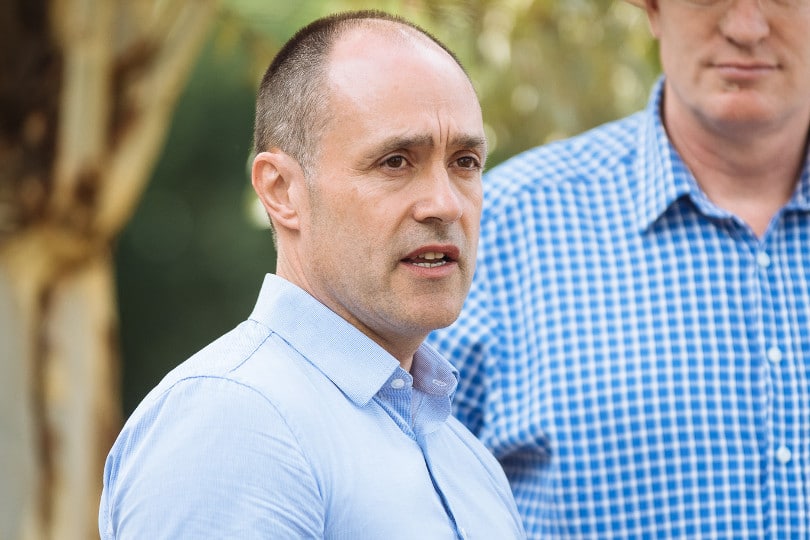
Over recent months there has been much publicity into the provision of telco services in non-profitable regional areas. So much so that the Federal Government late last year asked the Productivity Commission to look into the Universal Service Obligation (USO). Currently the commission is undertaking a review of the USO following a draft report it released. This recommended the cancellation straightaway of the payphone facility and highlighted the need for changing the current USO arrangement as controls, transparency and accountability were virtually non-existent. The final report is expected to be released later this month.
Vodafone critical of Telstra
Iñaki Berroeta, Vodafone’s CEO highly criticised a $300M alleged handout to Telstra at the recent CommsDay Summit in Sydney, claiming that there was no accountability about precisely how the money is spent. Following this criticism he also reported that the Productivity Commission had revealed that payphones and fixed lines were no longer functioning in some rural areas with the possible number said to be 25 percent for fixed lines and 50 percent for payphones. There has not yet been any real assessment of this situation yet.
Telstra holds the USO contract
Telstra, the largest Australian based telco, with the most infrastructure in place throughout the country, has been the holder of the USO contract. This is worth $300 million in total, with $100 coming out of taxpayers’ money directly from federal government funds every year, while $200 million is collected in levies collected from the telco’s rivals.
This deal requires that Telstra takes on the responsibility of making sure that all Australians have adequate access to telephone lines directly as well as payphones. Telstra is critical of any changes to this as it doesn’t believe that the roll-out of NBN is well enough developed to ensure a good user experience in regional areas. Also there is still 1.5 percent of the country’s population who do not have mobile coverage. They obviously see that the funds they are collecting are helping communications in general.
Shake-up needed for regional telecommunications
While the telcos have been busy organising their views on the future of telecommunications, a coalition of seventeen organisations, calling itself ‘Regional, Rural and Remote Communications’ want to see change. This includes the Australian Communications Consumer Action Network (ACCAN) and representative groups of businesses and rural communities. This group, along with other rural entities, including the Country Woman’s Association and farmers, are planning on confronting Canberra directly with their demands too.
These groups are demanding a USO that’s technology-neutral, which covers not only voice but data as well and to all households. They are saying that the present Government should be aiming to provide a baseline broadband service which includes voice to all premises in Australia once the NBN infrastructure has been completed. This is not much to ask they say.
Unreliable rural communications common
Fiona Simpson, the president of the National Farmers’ Federation, has recently said that there is a widening of the gap between digital-haves and have-nots. This in essence means that currently rural Australians are finding it hard to operate their businesses, undergo online tasks and even properly educate their children due to the unreliability of telecommunications in their areas. So much for putting profit before people.
Blackspot Mobile Program helped a little
The federal government has been funding the mobile blackspot program, which has been applauded by telcos as it has helped bring much needed infrastructure to regional areas. However, it would take billions of dollars of investment to fund small cell-phone towers offering high speed 4G LTE with only a small number of users per tower.
Summary
The problem with Australia is its size and the remoteness of some of its communities. Whenever there is new technology and in particular telecommunications, the likely return on investment is undoubtedly greater in more densely populated areas where there is a larger customer base.
However, governments need rural support as much as urban, so it has to grapple with what suits private enterprise and what best suits the consumer when it comes to providing services. It relinquished its share in the telecommunications business some years ago and now has to contend with private companies seeking out the most profitable areas for development.
This leaves the government with little choice other than subsidising the biggest telco, Telstra, to keep the less economic rural population at least supplied with basic communication. The fact that it doesn’t seem to be transparent about the way it’s using subsidies is now causing concern amongst both its rivals and the Productivity Commission. Time will only tell what the future of rural telecommunications is likely to be.